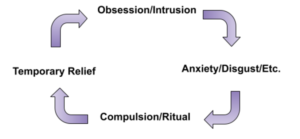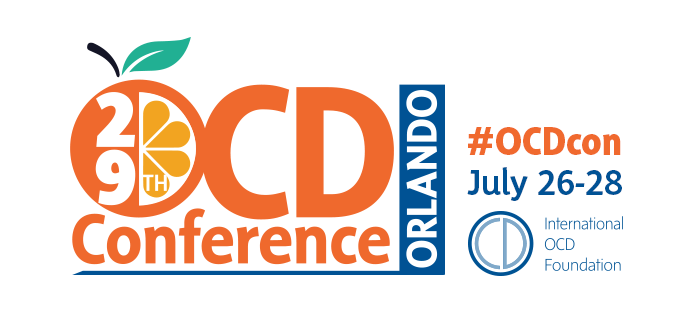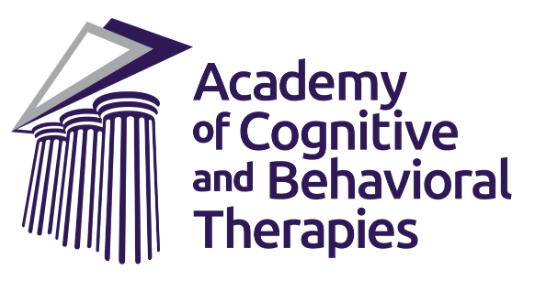
In the journey of recovery from OCD, developing quick shortcuts to identify obsessions and/or compulsions is very helpful. Otherwise, clients who attempt to stop and pause to assess every obsession run into two problems:
- The risk (and actuality) of over-analyzing, thus obsessing more on what is or isn’t an obsession. This is part of the OCD cycle.
- Being wholly unrealistic to life- there is not enough time in this world to assess every potentially problematic thought you may have, especially if you have a disorder like OCD.
Shortcuts Can Help
This is where having a shortcut heuristic, or a subjective reference to when you might be experiencing OCD, is helpful. I have clients talk about the following (and many more) as their shortcuts:
- Tightness in the chest
- Dread
- Uncertainty without a clear answer
- Uptick in urge to get reassurance from others
Remember, these are not signals in their own right to OCD. They are very subjective and differ based on the person. However, having quick defaults to act on your beliefs and values is helpful for anyone- and become especially important for those with disorders. Otherwise, feelings can quickly take over and lead down a perilous path.
The Risk of Shortcuts
Be careful, though, in attempting to “prove” what OCD is or figuring it out perfectly. That may be OCD itself! I commonly caution clients to not minimize their OCD to one feeling- because it’s not just one thing. We don’t want to feed the OCD cycle by trying to obsess, analyze, figure out, or otherwise interact with the content of obsessions.
Your Heuristic
So what is your heuristic, or subjective reference point? Check out my other article, One Simple Way To Spot OCD- Even If You’re Not A Pro for another tool to add in your toolbox. Is there anything you’ve discovered to be helpful in quickly catching your OCD? Anything that wasn’t helpful? Let me know in the comments and help me learn from you!









Leave a Reply